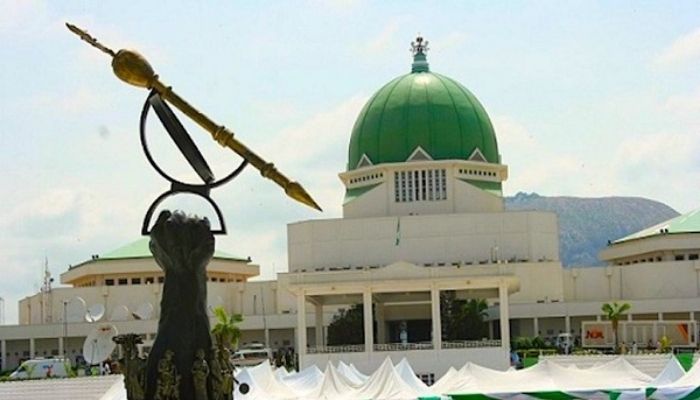10 Things You Must know About Electoral Act As President Buhari Signs The Bill Into law
The Electoral Amendment Bill of 2022 is an amendment to the 2010 Electoral Act. The bill is supposed to help Nigeria improve its electoral process from the past ones.
President Muhammadu Buhari has, since 2015, declined to sign the electoral bill for a number of times with varied excuses. This has led many observers to believe that his commitment to leave a legacy of robust election processes is a mere dream.
Many Nigerians are unsure what would happen if the president does not sign the amendment. Here are 10 highlights of the bill that will help you to know its importance:

Early release of election funds to INEC:
Clause 3(3) of the bill provides that all funding required for a general election is released not later than one year before the general elections.
This obviously will help the electoral body to prepare well in advance.
Electronic transmission of results:
According to Clause 50 of the electoral bill, INEC has the authority to decide whether election results are sent electronically or manually.
Clause 65 of the electoral bill empowers INEC authority to evaluate declarations and returns made under dubious circumstances. The measure will radically alter the results management process, discouraging politicians from pressuring election workers to declare manufactured election results that can only be disputed in court.
Political neutrality:
Clause 8(5) grants political neutrality to INEC personnels. This implies that a politician or member of a political party cannot be an INEC official.
Further, the Clause states that any INEC official with political affiliations commits an offence and is subject to a fine of N5,000,000 or imprisonment for a term not exceeding two years, or both, if convicted.
Legislation for electronic voter accreditation:
Clause 47 of the electoral bill allows voters to be electronically accredited using Smart Card Readers or any other technical equipment determined by INEC.
Persons with disability are included:
As Clause 54 (2) stipulates, INEC is required to ensure that persons with disabilities, special needs, and vulnerable people are assisted at polling places by providing appropriate means of communication, such as Braille, large embossed print, electronic devices, sign language interpretation, or, in appropriate cases, off-site voting.
Overvoting redefined:
Overvoting happens when the total number of accredited voters in a polling unit exceeds the number of votes cast in that polling unit.
Electoral bill, Clause 51 stipulates that the “total number of accredited voters” will become a deciding factor in the election’s legality.
Early conduct of party primaries and submission of candidates’ list:
Referencing Clause 29(1) of the 2022 electoral bill, each political party must submit its list of candidates to INEC, who must have arisen from lawful primaries held by the political party, not later than 180 days (6 months) before election day.
Early commencement of campaigns:
According to Clause 94 of the electoral bill, political parties’ public campaigns have been extended from 90 to 150 days before polling day and will finish 24 hours before that day.
Candidate substitution in the event of death in an election:
Clause 34 of the electoral bill 2022 allows political parties to hold primary elections to replace a candidate who dies after the polls have begun but before the final results are announced and a winner is declared.
In the case of legislative elections, the election will be re-run, and a bereaved political party can have a new primary within 14 days to nominate a new candidate.
Concerning presidential and governorship elections, the deceased candidate’s running mate will continue the election and select a running mate.
Source: businessday




